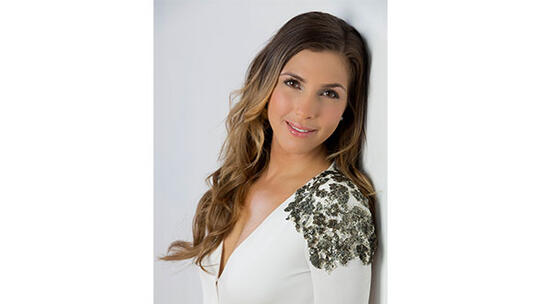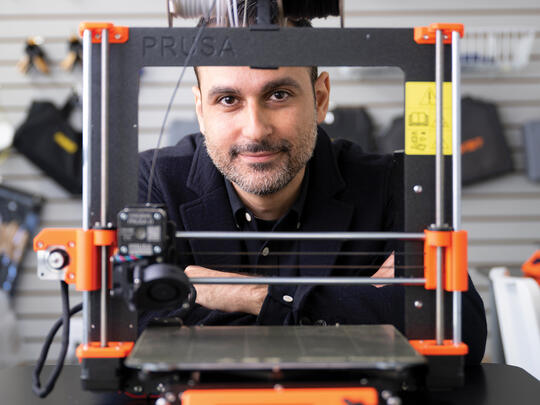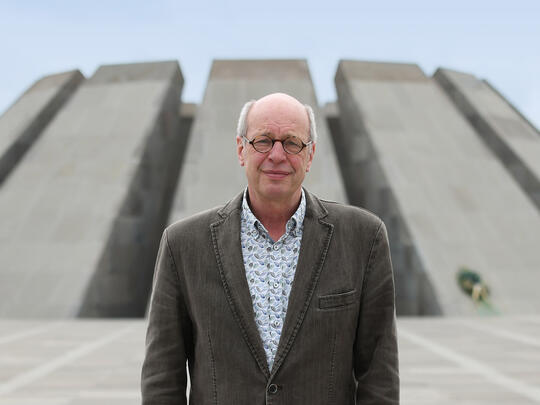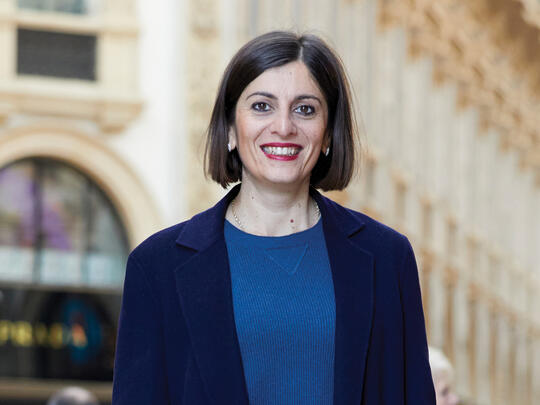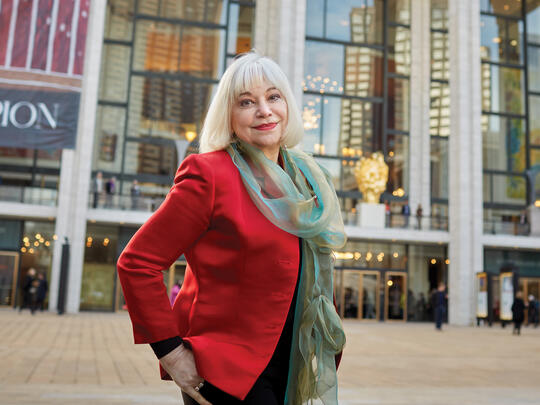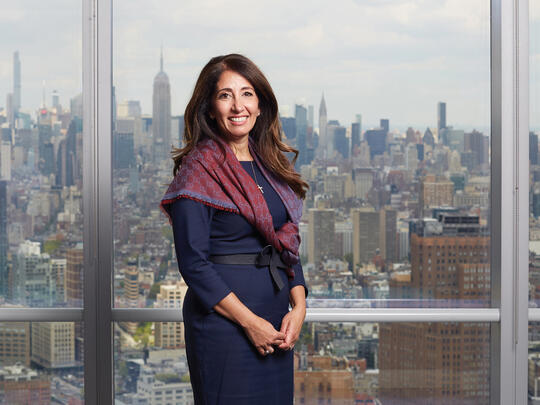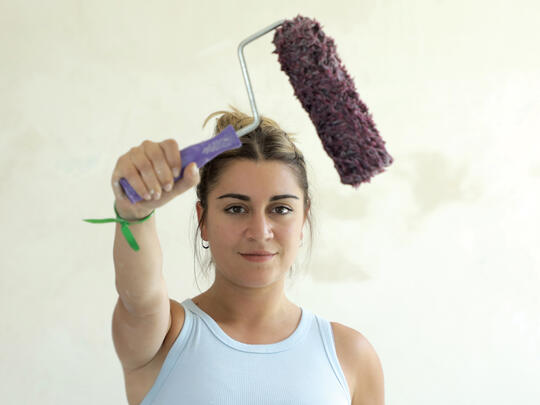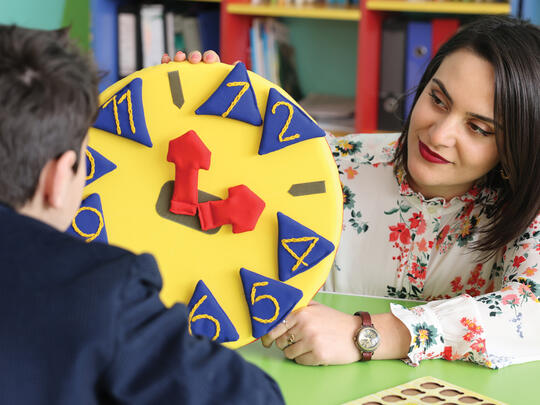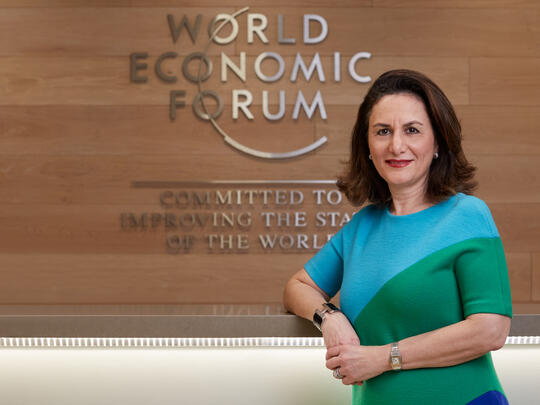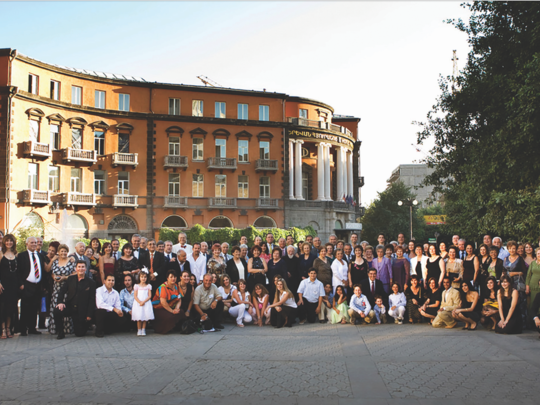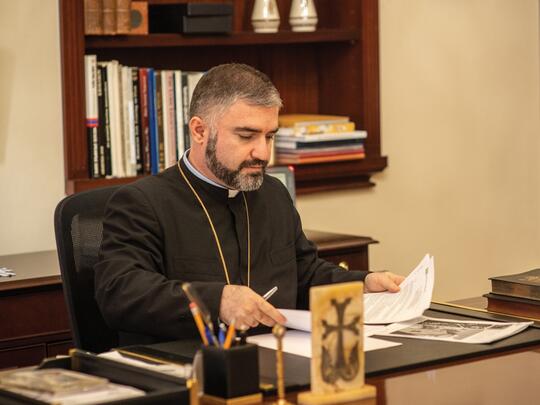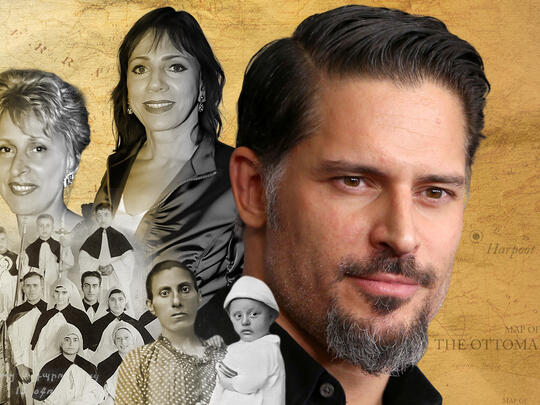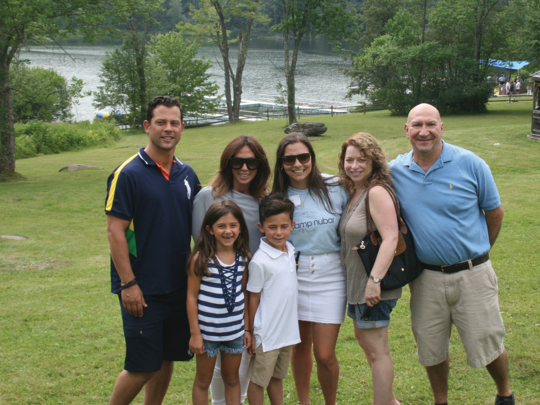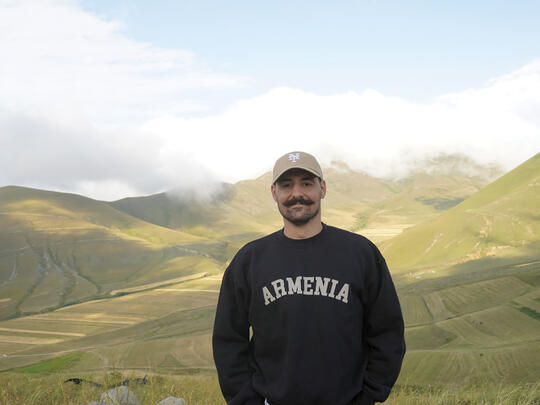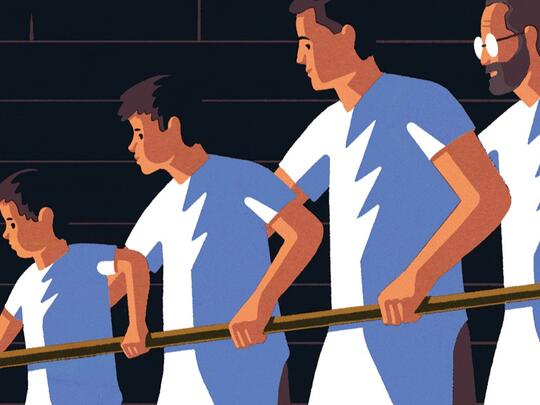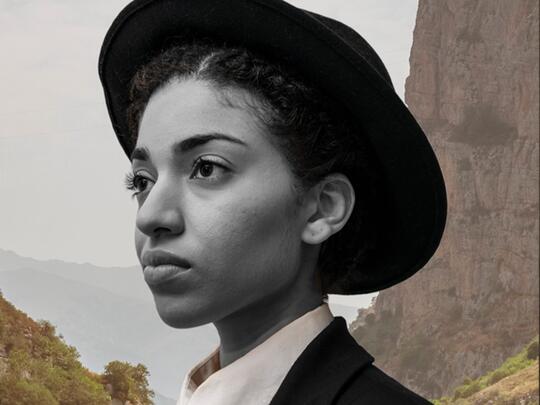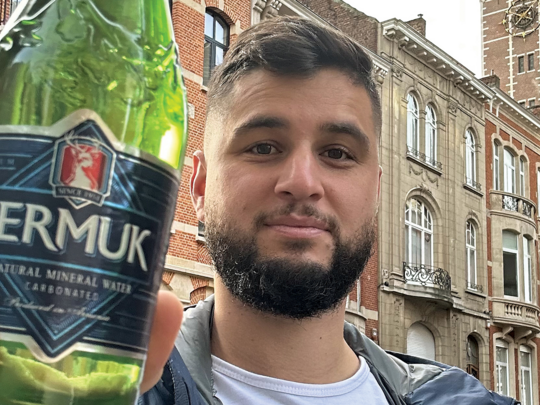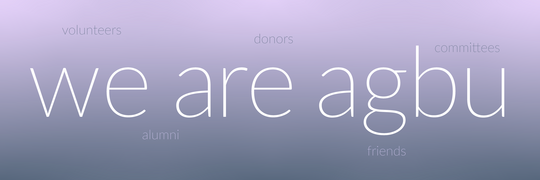
Sharing Her Voice
Sasha Djihanian
When people talk about warmth in my voice, I think that comes from my Armenian background. Many Armenians have this rich, dark colour in their voice, this type of melancholy – it comes from our history.
Singing has been Sasha’s dream and number one goal since she was just five years old, insisting on getting up to perform lullabies at her big sister’s baptism. Since that time, she has become a prominent young Soprano, praised for the warmth and depth of her voice and her unforgettable stage presence.
A Montreal native who received her Bachelor of Music and Masters in Voice from the Conservatoire de Musique et d’Art Dramatique, Sasha has been a prizewinner at the Jeunes Embassadeurs Lyriques, a national finalist in the 2011 Metropolitan Opera National Council Auditions, and represented Canada at the 2011 BBC Cardiff Singer of the World Competition.
In this interview, she discusses good performances, the popular perception of opera music and the importance of Armenian identity in the arts.
What was your path to becoming a performer?
I’ve wanted to sing for as long as I can remember. When I was really young, I’d always beg my parents to get me into some voice lessons, but it was way too early. My mom finally found me a voice teacher when I was twelve. A few years later, one of my teachers was the director of the Young Artists Program at the Montréal Opera. She really pushed me to pursue my studies in music, and she convinced my parents and I that I had the talent to go forwards.
By the time I got to the Conservatoire, I had to choose what type of music to go into – I ended up going into classical music because I wanted to be someone who really understands the mechanics of voice technique and musical theory.
Then, one year, I applied to about a dozen young artist programs, and also auditioned the very prestigious Met Opera Competition and the Cardiff Singers of the World competition. I didn’t get any callbacks from any of the Young Artists programs, and that devastated me at the time. But I ended up being selected to represent Canada at the Cardiff competition, and was a finalist at the Met competition. And that put me on the path I’m on today as a freelance opera singer and young graduate of the Canadian Opera Company Ensemble Studio.
What makes a good performance for you?
Sometimes, you think you did really well, and you find out after the fact that you didn’t; and other times, you think you did poorly, and people come up to you and tell you that you’ve changed their lives. For me, that’s the most important thing – not necessarily how I feel, but to be relevant to my audience and move them. I want to share real, relatable emotion, through my voice, my presence, and my acting. That makes my audience forget where they are for the time that they’re there, forget about their lives and routines and bring beauty to that moment so they can leave the performance feeling inspired. It isn’t just about me: it’s about sharing this art form through me.
When you have people come to you after the performance to tell you how moved they were, that’s the ultimate reward. That’s the best.
Do you ever blend opera or classical music with other styles?
I’m working on an opera-jazz project with Arden Arapyan. He’s a great jazz pianist, and also a huge opera buff. We met a few years ago at the 50th anniversary of the Armen-Québec school, when he reached out to me and asked if I had anyone to play for me, and he offered to accompany me. It was really magical, and we started an opera-jazz project where we do operatic arias, some Armenian folk songs and jazz standards. He has rearranged all this repertoire for a jazz quartet to accompany me.
People usually associate opera with opera houses and more formal, uptight environments, so they’re surprised to hear it in so casually. In Montréal, we sometimes play in bars. So often when we play together, I have people coming up to me to say, “I can’t believe you’ve made me like opera.” To me, hearing that is the most rewarding thing. Opera is such an amazing art form and it has this bad reputation – people think of it as something that’s only for old people, or boring. But it’s not! And I think if I can change people’s minds about that, that’s a win – that’s the most important thing. Breaking the boundaries dictated by tradition by bringing together different musical genres really helps with that.
Do you think your Armenian background has influenced your interest in the arts?
Our Armenian heritage has left us with so many treasures. It’s an ancient culture, and everything my ancestors have lived do affect me. It’s somewhere in me, it colours my artistry. The most important thing is that my heritage from my Armenian background is the will to survive and to overcome adversity – and being an artist is not easy. You have to have the will and the courage to get up every day and do the thing you love with a lot of uncertainty around you.
Armenians have had to fight a lot just to survive, just to be. And I think that’s crucial. There’s this colour, this warmth that people mention about my voice – and many Armenians have this rich, dark colour in their voice, this type of melancholy. So that definitely comes from my Armenian background. I do believe that that comes from our centuries of history and those things that our ancestors survived.
What was the best thing about attending Armenian school?
I went to Ecole Alex Manoogian School in Montréal, from kindergarten to the sixth grade. Definitely the biggest gift that I got from that was to be fluently trilingual before the age of eleven. That’s something that’s so precious – we know that the language part of the brain develops until that age. So the fact that we take advantage of the children being able to absorb languages that easily, it just opens up so many possibilities for the future. I now speak five languages – I’ve also learned Italian and Spanish.
It’s very useful – for opera, I have to sing in many languages. I have to sing in Italian, in German, in Russian, in Czech… The fact that Armenian was the first language I learned has helped me tremendously, and I can reproduce sounds almost perfectly in languages that I don’t speak.
What advice would you give to young Armenians interested in pursuing a career in music or performance arts?
If you’re passionate about something, you have to dedicate yourself to working on your craft. It’s not enough to have talent: you have to work really, really hard to do something with it. Surround yourself with people that can help you. It’s important to have mentors and teachers who can inspire you – you can’t do it alone. Find the right teachers, the right pianist, the people who will help you develop the right repertoire. And if you’re not progressing, you’re regressing: so you need to keep pushing and not give up. Art is not an easy path – if you are really cut out for it, you have to be ready to be a student all your life and you can’t let yourself be put down by people who are trying to put obstacles in your path.
Please note that archived content may appear distorted as it has been stripped of formatting and original images.

